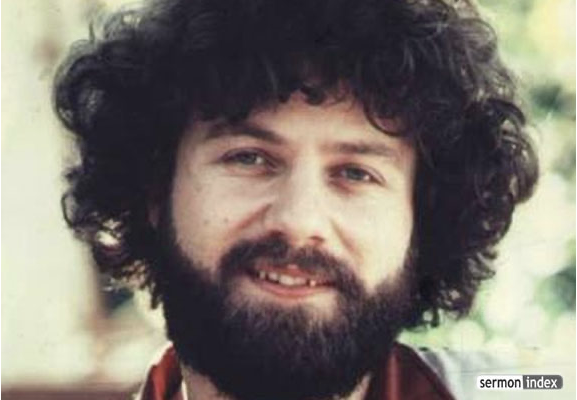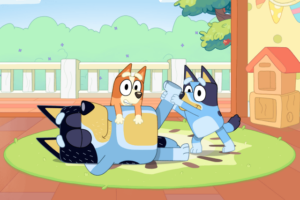“My writing style is clear, concise, and focused on providing accurate information. This helps in making complex topics easier to understand and presents ideas in a structured manner. However, the drawbacks of this style include a potential oversimplification of nuanced subjects, a neutral tone that may lack personality, and less creativity in expression. Additionally, the emphasis on clarity can sometimes lead to repetition, which might be unnecessary for some readers.”
This is ChatGPT’s answer to my prompt: “what is your style of writing and what are the problems with this style?” ChatGPT has failed me at times — but in this instance, it provided me with an answer I can agree with.
As a new school year begins, schools worldwide continue to address the question — “How do we combat AI in the classroom?” ChatGPT can produce a five-page essay in a few minutes. One prompt and a student can complete an assignment. The content may be right (though it may also be wrong; it does not always provide “accurate information”). But one thing I can promise you — there will be issues with its mechanical style.
Interestingly, ChatGPT acknowledges that its style “may lack personality” and present “less creativity in expression.” In a word, it is mechanical. It is mass produced. It is predictable. And it is distinctly inhuman.
Mechanical Versus Human Made
We know the difference between machine produced and human made. You know when you are listening to a song if there is a real orchestra compared to synthetic instruments controlled by a MIDI keyboard. You know the difference between a can of beefaroni and fresh homemade pasta. And if you read enough, and if the person you are reading knows how to write, you should be able to tell if something is written by a machine or a human.
But this raises an issue. How do we respond to the remark that ChatGPT sounds so human? When I hear this, I wonder if the issue is not whether ChatGPT sounds too human. Instead, I wonder if the problem is that so much human writing sounds too mechanical.
I wonder if the problem is that so much human writing sounds too mechanical.
Which begs the question: if the writing of ChatGPT is to be distinctive from human writing, what is it that makes human writing unique? For one, it is the evidence of our humanness. AI produces grammatically flawless works; humans, generally, do not. This may be seen as a benefit of AI, but I do not see it this way. It is one thing to have a perfectly quantized loop from electronic drums, but it is another to have the feel of something that is raw and original. Sure, the drum loop may be more technically exact, but aesthetically, it’s boring; the human playing drums has feeling and a sense of connection; a sense of humanness.
Writing can be this way too.
Writing can have feeling, and with that feeling, it can allow for divergences from mechanical predictability. It is one thing to know how to write grammatically correct statements; it is another to write. And such writing comes not from blindly following formulas, but by creating.
God and Creativity
Creativity is directly tied to our humanity. And our humanity is directly tied to our identity as image bearers. What makes us able to create is our unique place in creation and our unique status as human beings before God. As God’s creation, we create. We create through building, through music, and through writing. Thus, humans can create and write in a way a machine never can nor ever will be able to.
Perhaps a deeper issue than catching students copying from AI, then, is the question of why one would use AI at school in the first place. If creation is a part of our humanness, should writing as creation not be a distinctly human expression? And if it is, why would we want anyone, or anything, to take that from us? Students who want to submit a paper simply to get a grade have already missed the purpose of writing. Writing is about creation and formation; about learning through doing, and expression through creation.
If creation is a part of our humanness, should writing as creation not be a distinctly human expression?
Of course, there can be responsible uses of AI. It can be used as a tool. But what I am focused on here is the forgoing of the task of writing and everything that goes along with it. The idea that writing — and the reading, research, thinking, and editing that accompanies it — should be given over to AI. To do so is to forgo the formation and learning that comes by writing. To do so is to forfeit the human endeavour of writing as creation.
The act of writing, if it is to survive and thrive in Christian settings, must reclaim its identity as a creative and human expression. It must be undertaken as a task that is unashamedly human; something that is creative and unique. It should be looked at, not solely as a means to an end, but as an art in and of itself, and as an expression of worship through our God given abilities.
In his excellent essay, “The pastor as poet,” Cyril Guérette speaks about Augustine’s training of pastors as laid out in his work On Christian Teaching. Here, Augustine shows “that in God is found both Truth and Beauty.” Commenting on Augustine’s thought, Guérette writes, “Truth and beauty are inextricably intertwined, and the goal of the preacher is to have both right instruction and delight coalesce in our words and reinforce each other so that both the truth and the beauty of God are experienced in unity and draw the audience closer to him.”[1]If such can be said of preaching, certainly it can be said more generally of one’s writings, too. If God himself is both truth and beauty, then may our writing reflect both truth and beauty. Such writing should inevitably go beyond the less creative — the less beautiful — expressions of ChatGPT.
What if, then, instead of outsourcing to ChatGPT, we write in a way that ChatGPT cannot. As humans. As God’s image bearers. As people who write with truth and beauty in response to the God who is true and beautiful. May we write because we are human. And may we write to the glory of God.
[1] Cyril Guérette, “The pastor as poet,” in For Christ and His Church: Essays in service of the church and its mission (Kitchener, On: Joshua Press, 2015), 55. Italics original.























